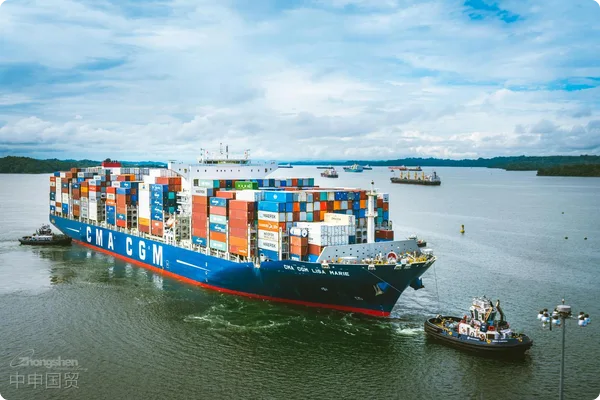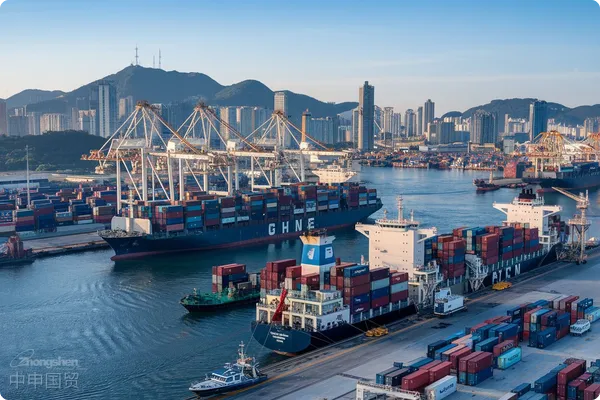- Shanghai Zhongshen International Trade Co., Ltd. - Two decades of trade agency expertise.
- Service Hotline: 139 1787 2118
With the EUs implementation of the new EU Deforestation-Free Regulation (EUDR), companies worldwide—especially those producing goods containing raw materials or livestock products like rubber, palm oil, cocoa, and beef—may face significant impacts. This regulation targets a 10% annual reduction in deforestation and at least 32 million tons of CO? emissions. The new rule will profoundly affect all investors and businesses engaged with the EU.
.jpg~tplv-kciz3m256g-2024.webp)
According to a recent report by Jefferies analysts led by Luke Sussams, companies with inadequate policies addressing deforestation and biodiversity risks are facing increasing due diligence requirements under the EUDR. Affected firms may include DN Automotive Corp. (one of the worlds top three automotive shock absorber and battery manufacturers), Hankook Tire & Technology Co., Kuala Lumpur Kepong Berhad (core business in plantations), Nexen Tire Corp., Golden-Agri Resources Ltd., ingredient provider Darling Ingredients, and SD Guthrie Berhad, one of the worlds largest certified sustainable palm oil producers.
The EUDR aims to combat global deforestation and degradation. The UN Food and Agriculture Organization (FAO) estimates that 420 million hectares of forest—equivalent to 10% of the worlds remaining forest cover, larger than the entire EU—were lost between 1990 and 2020. Currently, 10 million hectares continue to be lost annually, exacerbating the global climate crisis.
Against this backdrop, the EU passed the EU Deforestation-Free Regulation in 2023, setting an enforcement date of December 30, 2024 (extended to June 30, 2025 for SMEs). Under EUDR, any operator or trader placing goods on or exporting from the EU market must prove their products are not sourced from recently deforested land or linked to forest degradation, while complying with local laws. Affected commodities include beef, timber, cocoa, soy, palm oil, coffee, rubber, and derivatives (e.g., leather, chocolate, tires, furniture).
In short, the EUDR requires companies to trace the origin of all raw materials entering the EU, ensuring no non-compliant deforestation is involved. Firms must trace back to December 31, 2020, or face heavy fines. These stringent requirements have caused global ripple effects.
For example, concerns over coffee supply shortages recently drove the price gap between New Yorks September and December coffee futures to its widest since trading began in January 2022. Additionally, U.S. paper manufacturers warned in July that diaper, sanitary pad, and hygiene product prices may rise due to Europes economic downturn.
Despite U.S. businesses and officials urging the EU to delay the regulation—citing its overly broad scope—the bloc has made no revisions and proceeds as planned. Jefferies noted in its report: Despite strong appeals from producing nations and industry stakeholders for delays and amendments, enforcement is expected to proceed on schedule.
Related Recommendations
? 2025. All Rights Reserved. Shanghai ICP No. 2023007705-2  PSB Record: Shanghai No.31011502009912
PSB Record: Shanghai No.31011502009912










